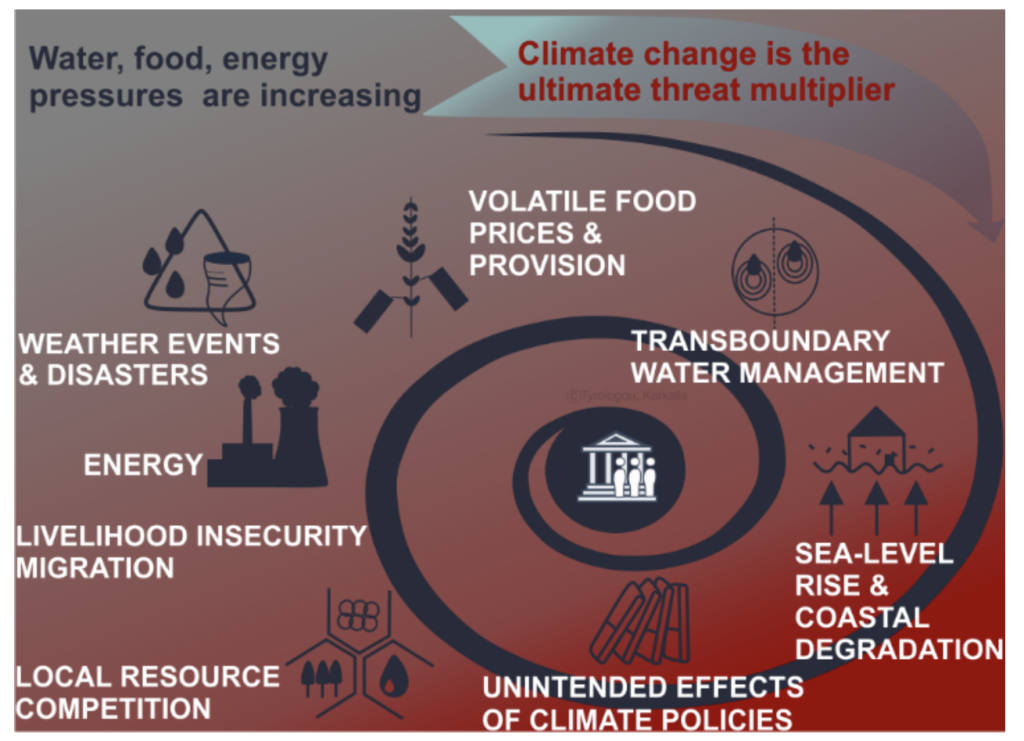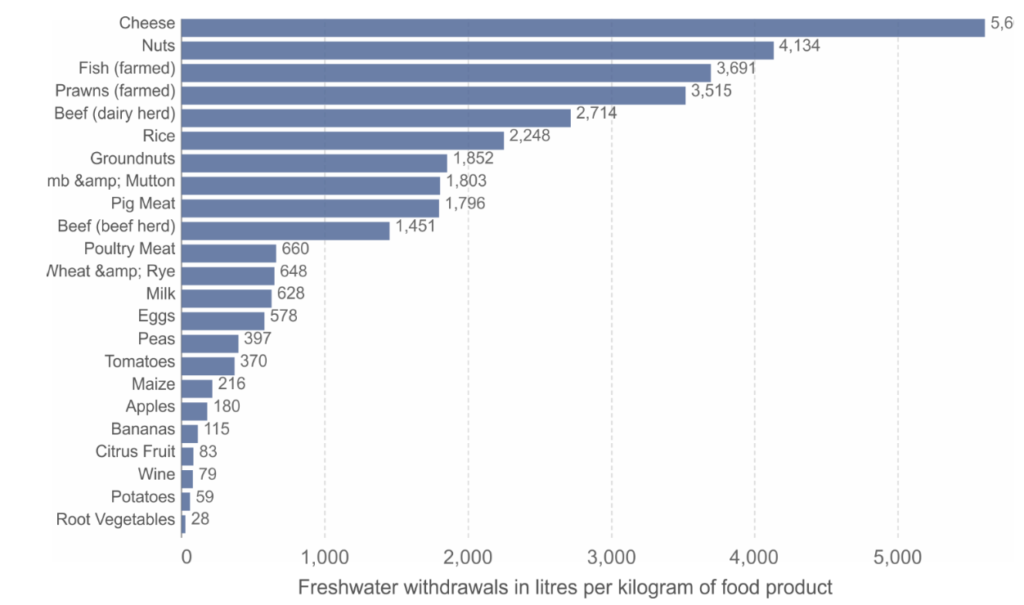“Climate change challenges and state fragility in the water, energy, food/land, raw material nexus and the position of hydrogen and Carbon Capture Utilisation and Storage for increasing resilience“
This paper was released in the 20th edition of the European Geologist Journal on April 2023.
Read the full document: here
Authors: Pavlos Tyrologou, Nazaré Couto, Júlio Ferreira Carneiro, Amanda Loeffen, Vitor Correia, Eleni Gianni, Fernanda De Mesquita Lobo Veloso, Nikolaos Koukouzas, Paula Fernández-Canteli Álvarez, Roman Berenblyum, and Glen Burridge

Climate change effects have been increasing over the past decades. This has led to the increased efforts to find new technologies that can help mitigate the environmental, social, and financial damage that are expected in the future due to natural disasters. As one of the most pressing issues of our time, climate change has and will continue to have a big impact on water, energy, food/land, and raw materials. The impacts will also lead to further vulnerabilities and instabilities in our societies. Consequently, there is a need to jointly address this, and societies need also to address their ecological impact.
Participation, inclusivity and transparency are principles of the human rights based approach
New technologies should be implemented in a participative manner to increase resilience and social acceptance of the changes needed to improve carbon emissions. These changes are gradual. As a result, the economic and social benefits should highlight how the replacement of old and unsustainable infrastructure is beneficial for stakeholders, thus increasing implementation and uptake. Inclusively and transparency throughout this process will support acceptance and cultural adaptation.
Opportunities, proposed solutions and mitigation measures of CCUS and hydrogen
One of the proposed alternatives is the Carbon Capture, Utilisation, and Storage (CCUS) – this technology involves the capture of carbon dioxide (CO2) emissions from industrial processes and injecting the surplus into secure geological reservoirs. Therefore, this process prevents CO2 from entering the atmosphere and reduces the impacts of climate change. It’s a structured and non-disruptive energy transition to renewable energy that works with current technologies. Additionally, the CO2 can also be used and transformed into goods and services such as building materials, among others.
Hydrogen is another alternative energy source. Hydrogen can be burned in turbines and tuned into electricity. Furthermore, it can be created from renewable energy, thus reducing the ecological footprint further. Both CCUS and hydrogen alternatives have also become intertwined in the process of moving towards a low-carbon economy. Hydrogen produced through the CCUS process could be one of the most sustainable ways to lower ecological impact.
Environmental trade commodities
“Intelligent climate and water policies can be achieved by understanding complex interactions between water, food, and energy production”. Policy makers need to understand the dynamics and methodologies to maximize synergies while minimizing vulnerability. An integrated framework of policy innovations can help the people in charge of the decision-making process to take action regarding how to best address the population’s needs, while adapting to a more sustainable production system and way of living. Addressing the management of water, energy, food/land, and raw materials should be done in an integrated manner, with nature-based solutions at their core.


